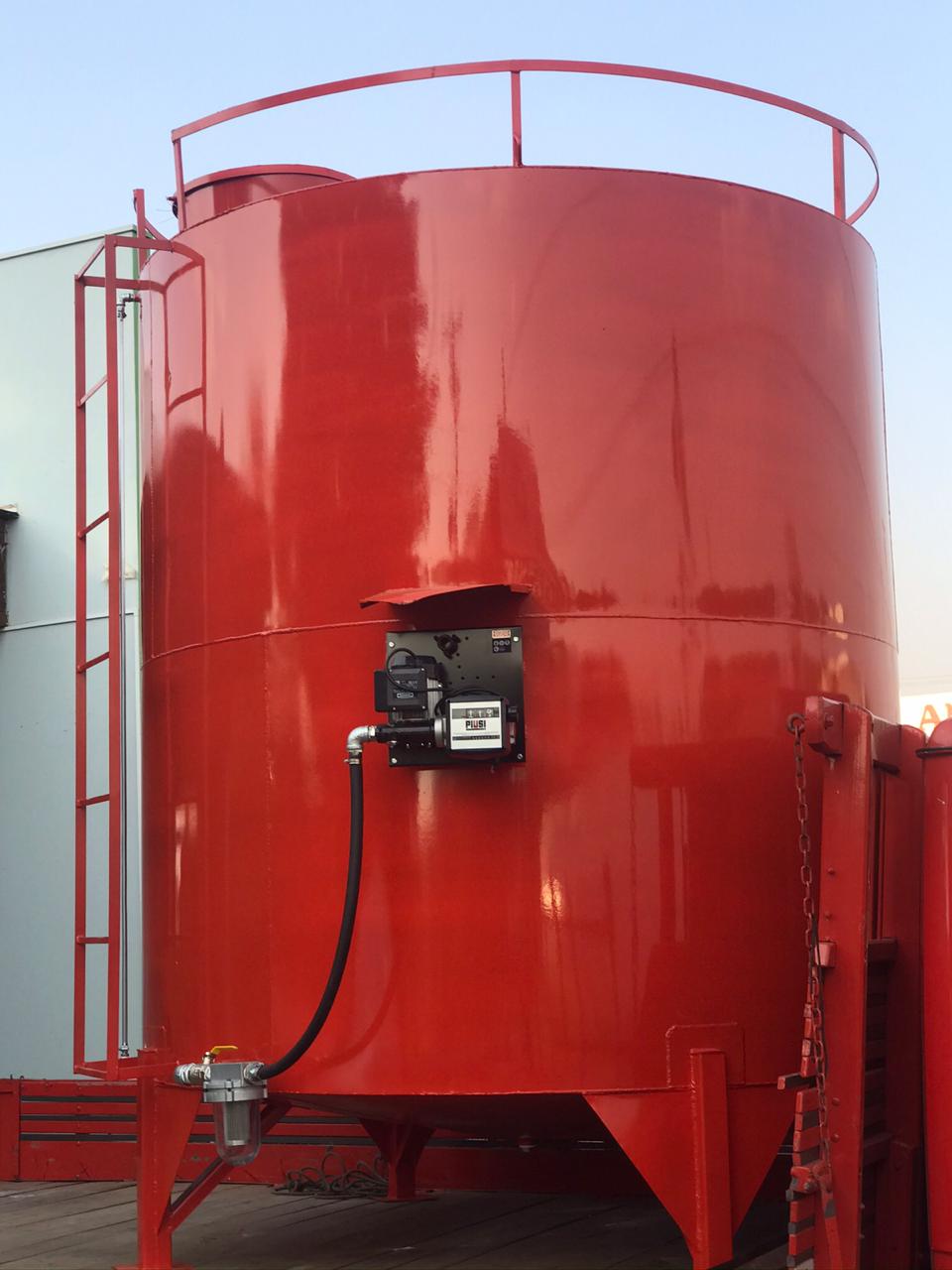For water or liquid storage needs, a tubular metal reservoir stands out as a durable and versatile option. Known for its strength and efficiency, this type of reservoir is ideal for various industries, including farming, manufacturing, and commercial projects.

Through this article, we’ll explore the key benefits, features, and uses of tubular metal storage tanks. Whether it’s for storing liquids or managing resources effectively, this comprehensive overview will help you make the right choice.
What Is a Tubular Metal Reservoir?
A tubular metal reservoir is a cylindrical storage system, engineered for long-term reliability. Manufactured using high-grade metals, these reservoirs are resistant to corrosion and structural stress.

Thanks to its tubular shape, this reservoir ensures structural stability, making it suitable for high-capacity storage needs. Its modular and customizable features make it highly versatile.
Key Features of Tubular Metal Reservoirs
These tanks offer several advantages that make them a top choice for liquid storage. Here’s what makes them a preferred option:
- Long-Lasting Build: Crafted from materials like stainless or galvanized steel, these reservoirs are resistant to wear, corrosion, and heavy use.
- Compact Design: This design provides excellent volume-to-space efficiency, saving space while storing large quantities.
- Multiple Applications: Perfect for storing water, chemicals, or fuels, these reservoirs are adaptable to diverse needs.
- Corrosion Resistance: Metal reservoirs are treated to resist corrosion, ensuring long-term reliability.
- Customizability: Available in various sizes and specifications, allowing for optimal performance in any scenario.
How to Choose the Right Tubular Metal Reservoir
Finding the perfect tubular metal reservoir requires understanding your storage needs. Here’s what you should keep in mind:
- Storage Volume: Choose a tank that matches your storage needs. High-capacity reservoirs work best for factories or farms, while compact models are great for homes or small businesses.
- Type of Metal: Consider whether you need stainless steel, aluminum, or galvanized steel. Steel is durable and rust-resistant, while aluminum offers lightweight durability.
- Placement: Think about where the tank will be installed. Surface tanks are straightforward to set up, while underground options save space and are discreet.
- Protective Coatings: Ensure the tank has coatings for corrosion resistance to enhance durability in extreme conditions.
- Cost Efficiency: Factor in initial price and long-term maintenance. Investing in durable materials reduces replacement expenses.
Maintaining a Tubular Metal Reservoir
Proper maintenance is crucial to ensure the tank remains in optimal condition. Here are key practices to follow:
- Routine Cleaning: Regularly clean the inside of the tank to ensure the stored liquid remains uncontaminated.
- Monitor the Tank’s Condition: Check for leaks, corrosion, or dents, and address issues immediately.
- Protective Coatings: Recoat areas exposed to the elements to extend the reservoir’s durability.
- Weatherproofing: Protect the tank from extreme temperatures and weather to maintain consistent performance.
Applications of Tubular Metal Reservoirs

These reservoirs are widely used due to their adaptability and strength. Common applications include:
- Farming Use: Ideal for irrigation systems or fertilizer storage.
- Factory Settings: Designed to handle industrial-grade storage needs.
- Municipal: Used in water treatment plants or emergency water supply systems.
- Home Use: Compact options are perfect for household needs.
reservatorio taça coluna seca
Is a Tubular Metal Reservoir Right for You?
To wrap up, a tubular metal reservoir is an excellent choice for liquid storage needs. Combining strength with adaptability, make it a worthwhile investment.
From small-scale projects to large operations, a tubular metal reservoir provides unmatched reliability and efficiency. Start exploring your options today!